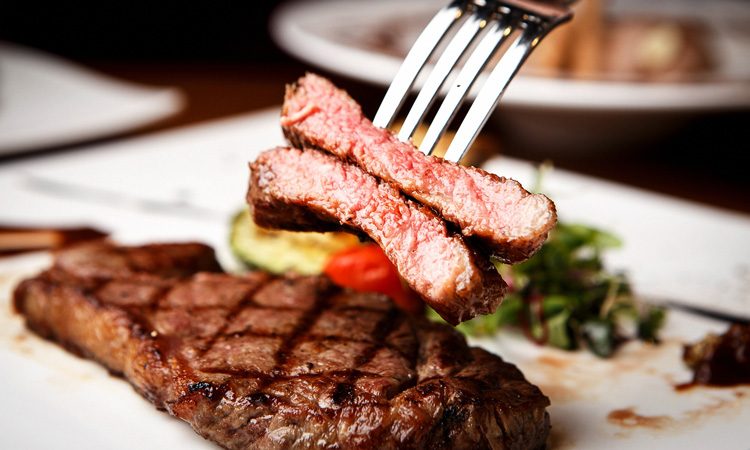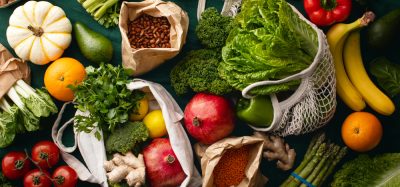UK beef industry calls for protection in the event of a no-deal Brexit
- Like
- Digg
- Del
- Tumblr
- VKontakte
- Buffer
- Love This
- Odnoklassniki
- Meneame
- Blogger
- Amazon
- Yahoo Mail
- Gmail
- AOL
- Newsvine
- HackerNews
- Evernote
- MySpace
- Mail.ru
- Viadeo
- Line
- Comments
- Yummly
- SMS
- Viber
- Telegram
- Subscribe
- Skype
- Facebook Messenger
- Kakao
- LiveJournal
- Yammer
- Edgar
- Fintel
- Mix
- Instapaper
- Copy Link
Posted: 18 October 2019 | Sam Mehmet (New Food) | No comments yet
A joint statement on behalf of the UK meat processing industry has outlined how the no-deal Brexit temporary tariff plan will have consequences for suppliers.


A joint statement released on behalf of the British Meat Processors Association, the Northern Ireland Meat Exporters Association and the Scottish Association of Meat Wholesalers, has claimed that the UK government’s tariff proposals in the light of a no-deal Brexit will cause beef suppliers to face “unsustainable competition from global rivals producing to different standards”.
The statement claims that the problem is heavily pronounced in the steak sector, where fillets, striploins, rumps and ribeye prices on the global market are approximately half that of the UK, with farmers currently protected from this competition by the EU Common External Tariff.
“This protection does not exist in the UK’s Temporary Tariff Schedule which hands global competitors tariff-free access for 230,000 tonnes of beef imports. Across the four prime cuts alone, this quota is worth £120 per animal to global competitors, displacing domestic suppliers, particularly in the catering sector,” the statement reads.
“Even when the quota is filled, the new lower UK tariff will leave global competitors £56 per head better off than at present.
“Meanwhile, UK steak would become prohibitively noncompetitive in Europe, with UK exporters facing the EU Common External Tariff. Domestic prices will be further undermined if the UK market is to absorb the 100,000 tonnes of UK beef that is currently exported to the EU.”
This is predicted to have serious implications for farmgate prices for UK producers on the basis of the prime steak market, as well as the impacts on other beef cuts.
The statement continued: “The viability and sustainability of the UK beef industry is being put at huge risk. At the very least, producers will require urgent support payments to protect farming incomes.”
Related topics
Regulation & Legislation, Research & development, Supply chain, Trade & Economy
Related organisations
British Meat Processors Association (BMPA), Northern Ireland Meat Exporters Association, Scottish Association of Meat Wholesalers (SAMW)









